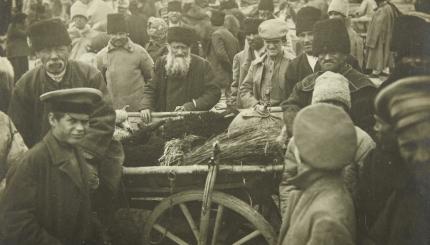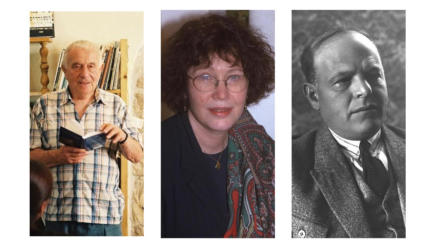The Hebrew poet known only as Rahel (1889-1931, born
Rahel Bluwstein) expressed her love for the land of Israel through her beautiful and evocative poetry. Today, her grave beside her beloved Lake Kinneret is visited by tourists, pilgrims, and Rahel’s many Israeli admirers.

When Ilan Ramon, Israel’s first astronaut, perished aboard the space shuttle Columbia, one of Rahel’s poems received renewed attention and popularity in Israel; Ramon had chosen to listen in space to a song whose lyrics were the Rahel poem “Sad Song” (“Zemer Nugeh” in Hebrew), which is also commonly known by its opening line, “Can you hear my voice?” (“Ha-tishma koli?“).
The poem is reprinted below in Hebrew and in English translation, with the permission of the Jewish Agency. For more on Ilan Ramon, see the Jewish Agency’s website.
With your help, My Jewish Learning can provide endless opportunities for learning, connection and discovery.
Sad Song |
|
|
Do you hear me, you who are The world is vast, its ways diverse, |
|



